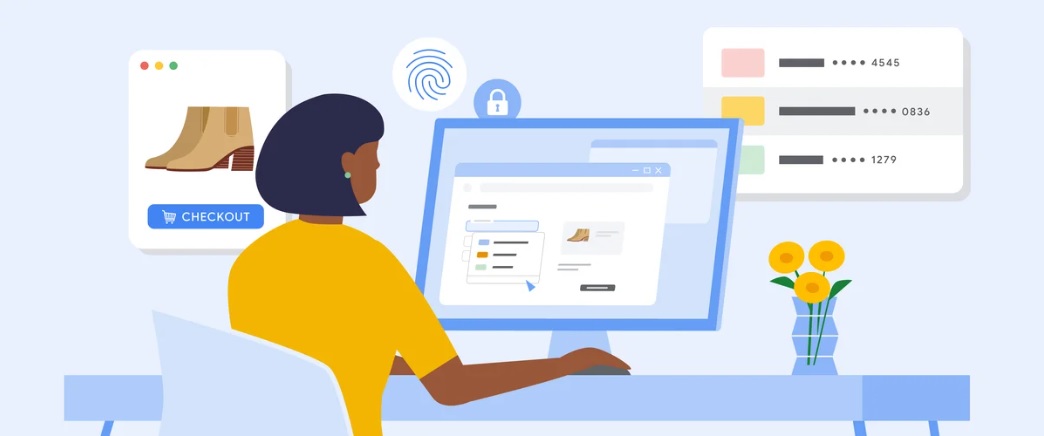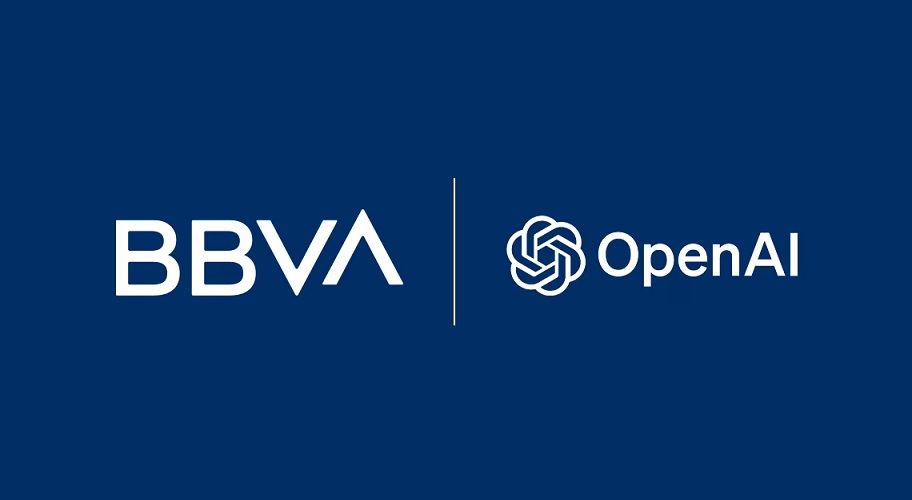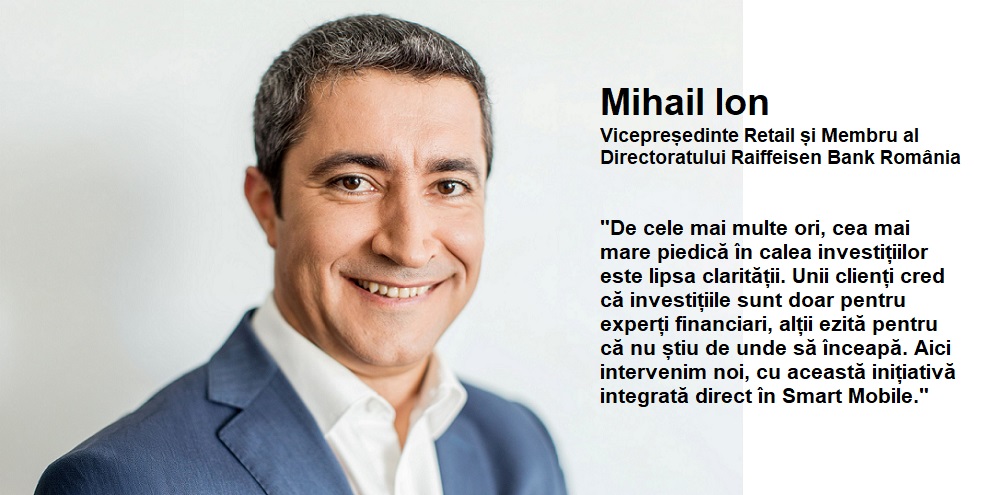ECB publishes the results of the public consultation on a digital euro – around 25% of respondents believe that a digital euro should make cross-border payments faster, cheaper, and possible outside of the Euro area

The analysis confirms, by and large, ECB initial findings: what the public and professionals want the most from such a digital currency is privacy (43%), followed by security (18%), the ability to pay across the euro area (11%), no additional costs (9%) and offline usability (8%).
“A digital euro can only be successful if it meets the needs of Europeans,” says ECB Executive Board member Fabio Panetta. “We will do our best to ensure that a digital euro meets the expectations of citizens highlighted in the public consultation.”
Privacy is the most important feature of a digital euro for both the public and professionals, especially merchants and other companies. Both groups support requirements to avoid illicit activities, with fewer than one in ten responses from members of the public showing support for full anonymity.
More than two-thirds of respondents acknowledge the importance of intermediaries providing innovative services that allow access to a digital euro and indicate that it should be integrated into existing banking and payment systems. They would like additional services provided on top of basic digital euro payments.
Around a quarter of respondents take the view that a digital euro should make cross-border payments faster and cheaper. They want the digital euro to be usable outside the euro area, though with limits.
The ECB received many technical suggestions from the respondents. According to a quarter of individual respondents, end-user solutions comprising (smart) cards or a secure element in smartphones would be preferred to facilitate cash-like features. Almost half mention a need for holding limits, tiered remuneration, or a combination of the two, to manage the amount of digital euro in circulation. A similar share of professional respondents agree.
The consultation was launched on 12 October 2020 and concluded on 12 January 2021, receiving over 8,200 responses – a record participation for an ECB public consultation. A large majority of respondents were private citizens (94%). The remaining participants were professionals, including banks, payment service providers, merchants and tech companies.
Most responses came from Germany (47%), Italy (15%) and France (11%).
The answers are not necessarily representative of the views of the EU population as the consultation was open to everyone, and respondents participated on their own initiative. Still, they provide important input into the ECB’s analytical and experimental work and into the upcoming decision of the Governing Council on whether to launch a formal investigation phase in view of the possible issuance of a digital euro.
__________
For More details:
Dariusz Mazurkiewicz – CEO at BLIK Polish Payment Standard
Banking 4.0 – „how was the experience for you”
„To be honest I think that Sinaia, your conference, is much better then Davos.”
Many more interesting quotes in the video below:










